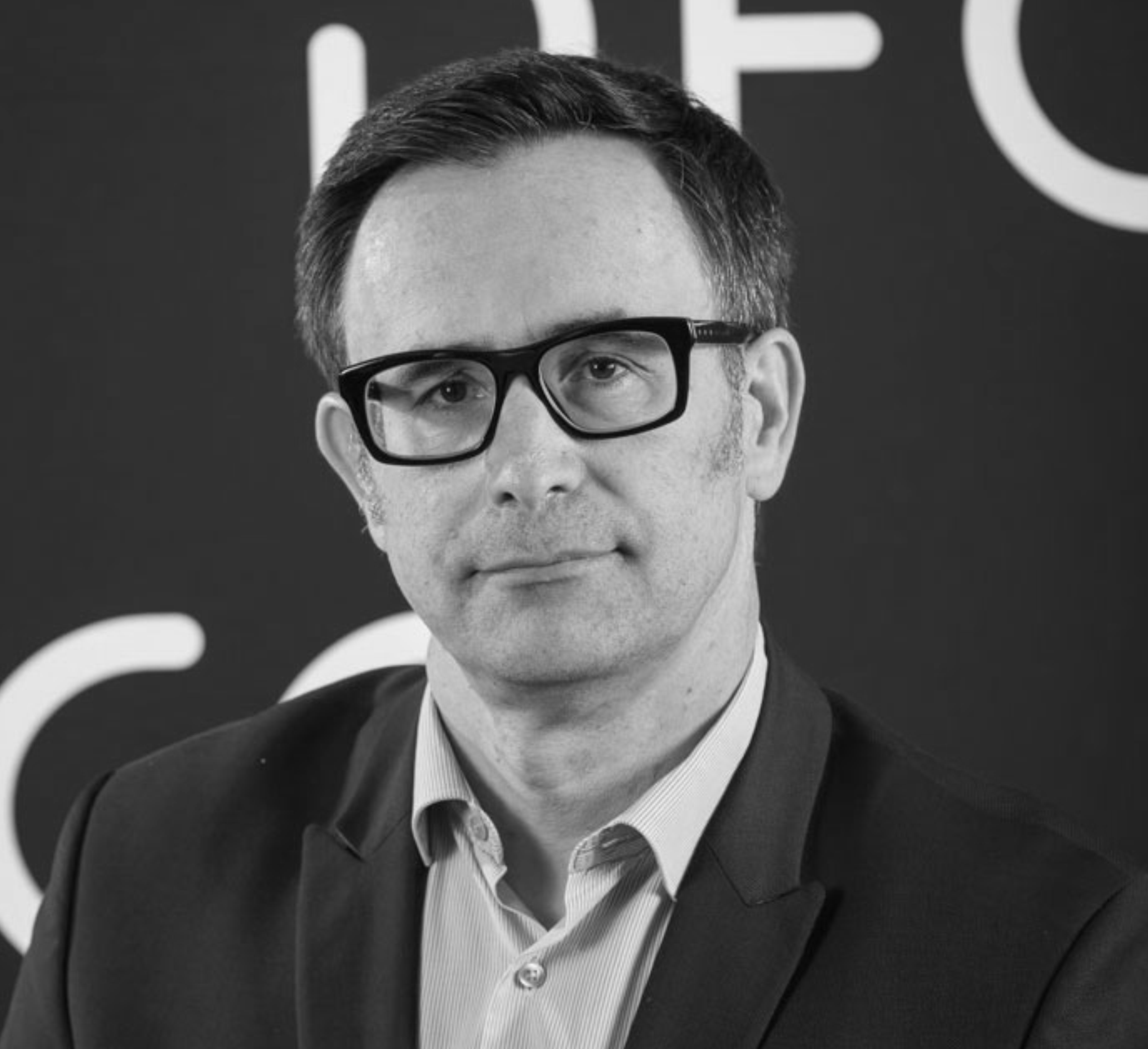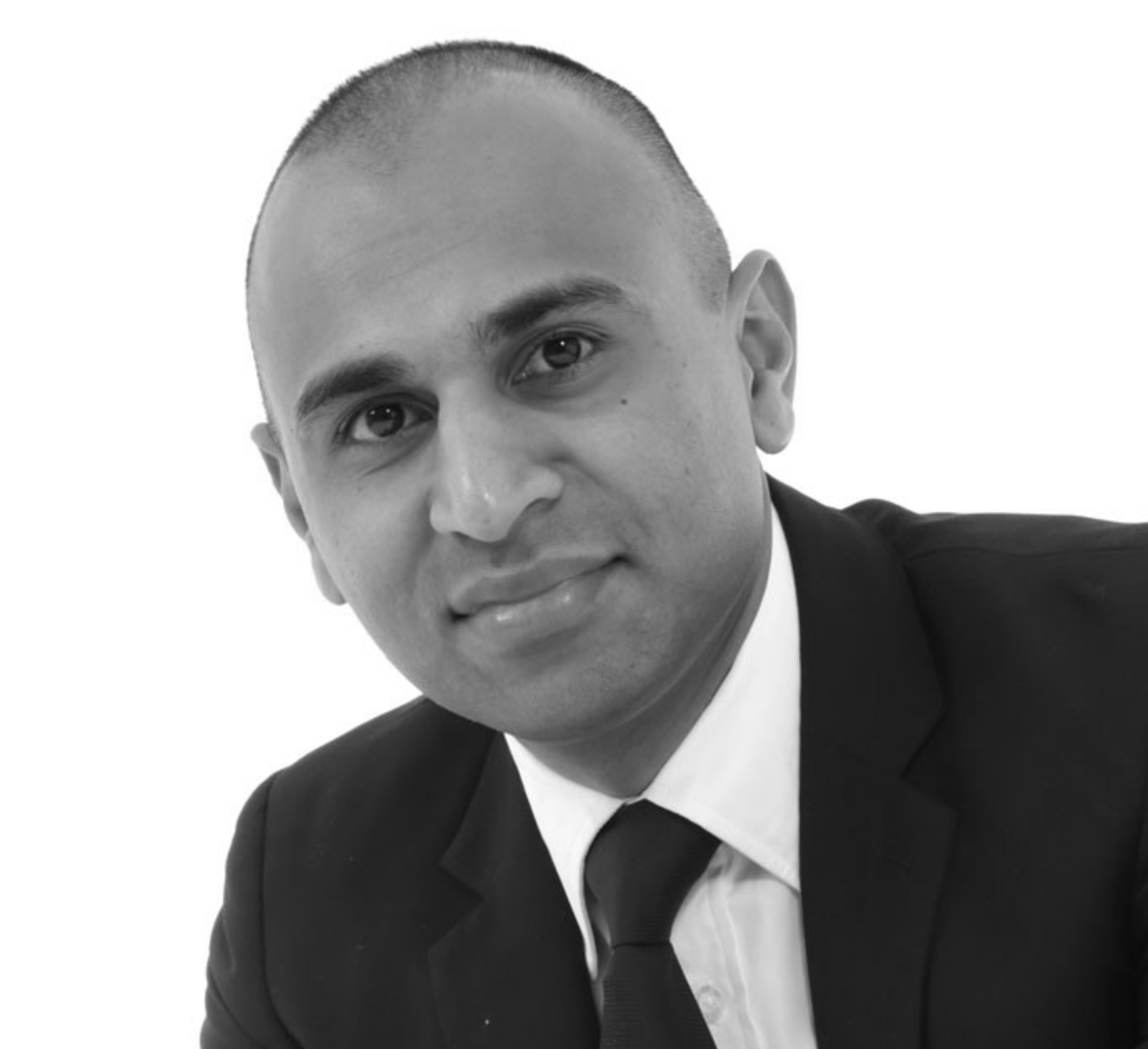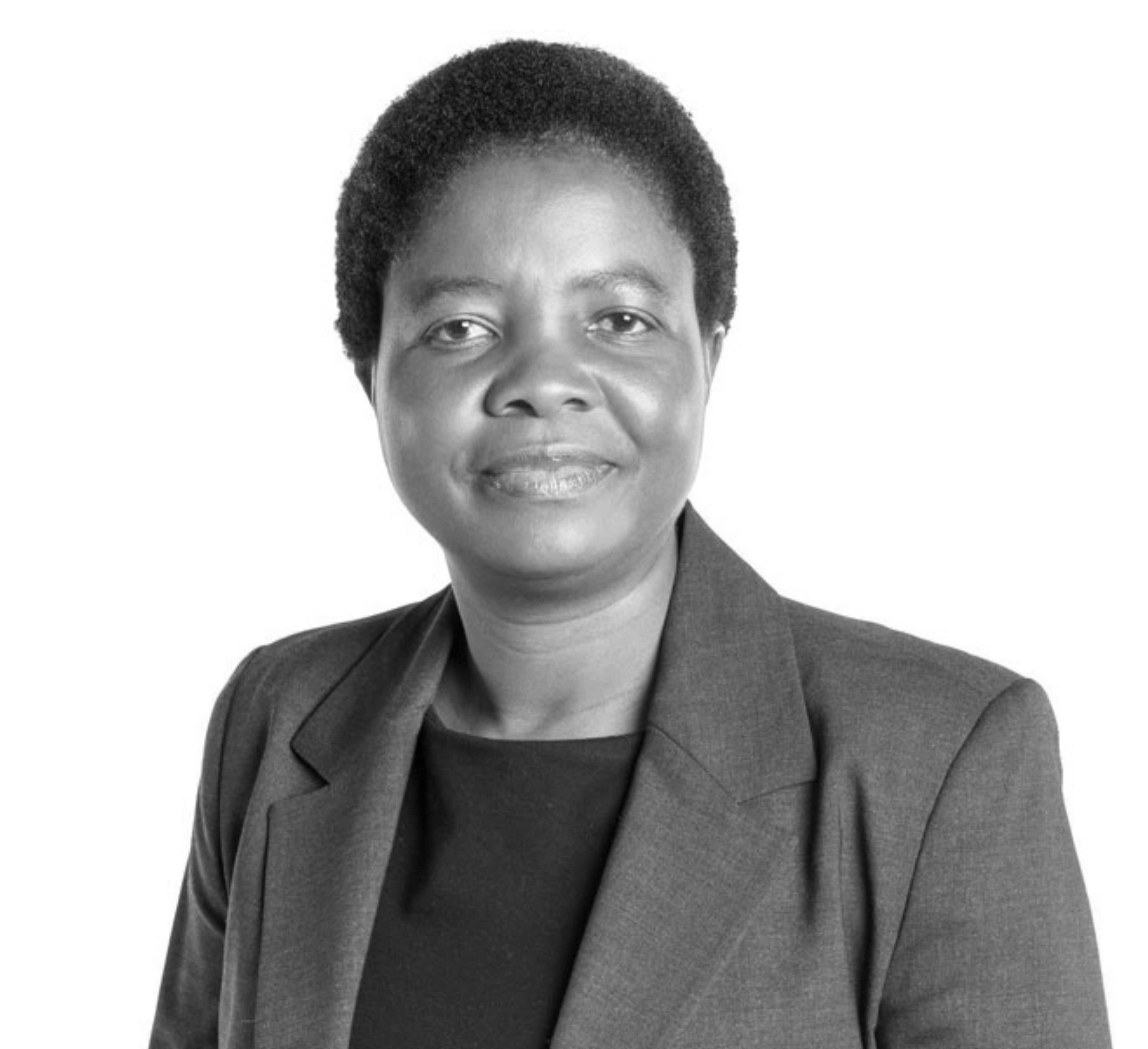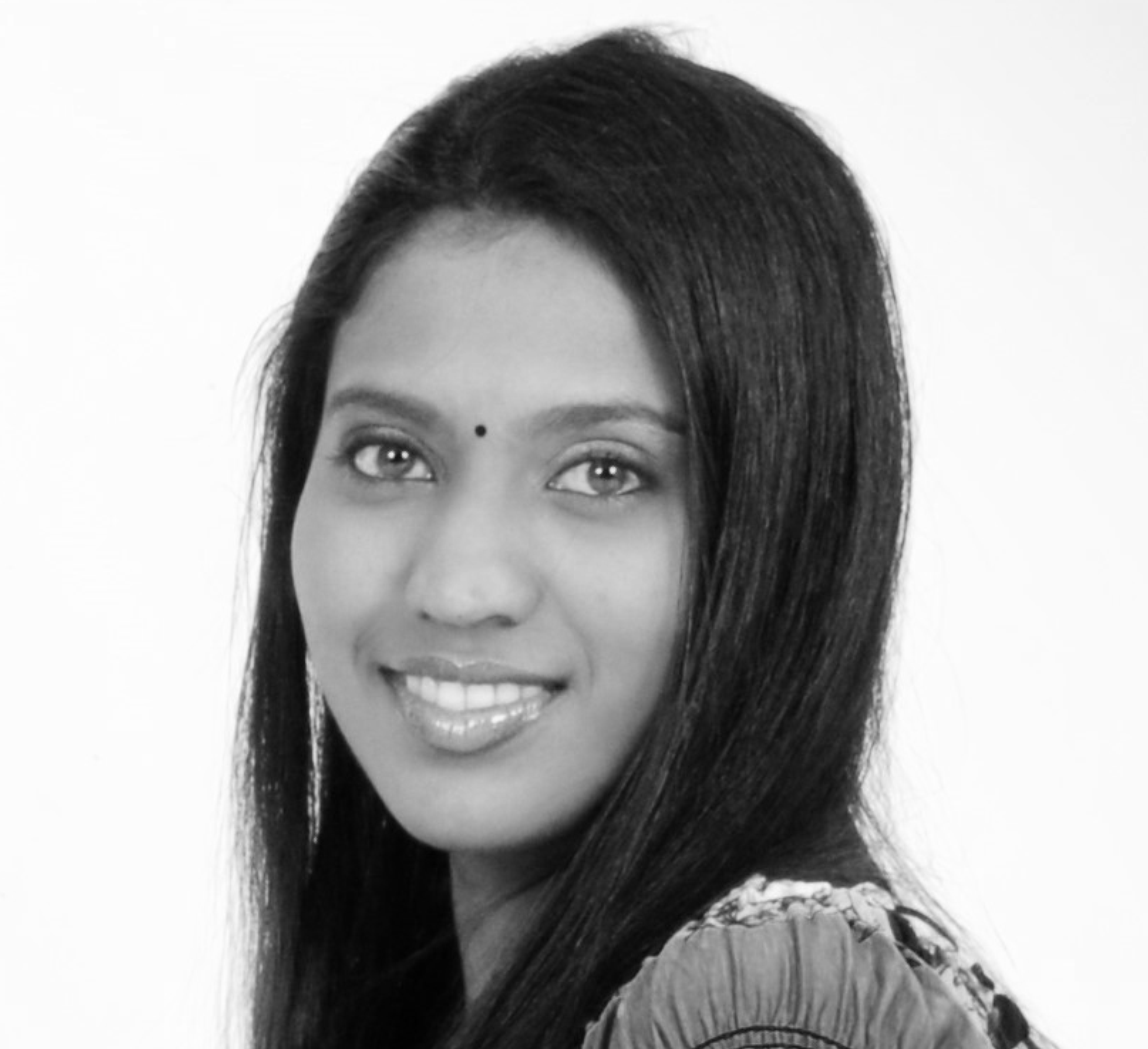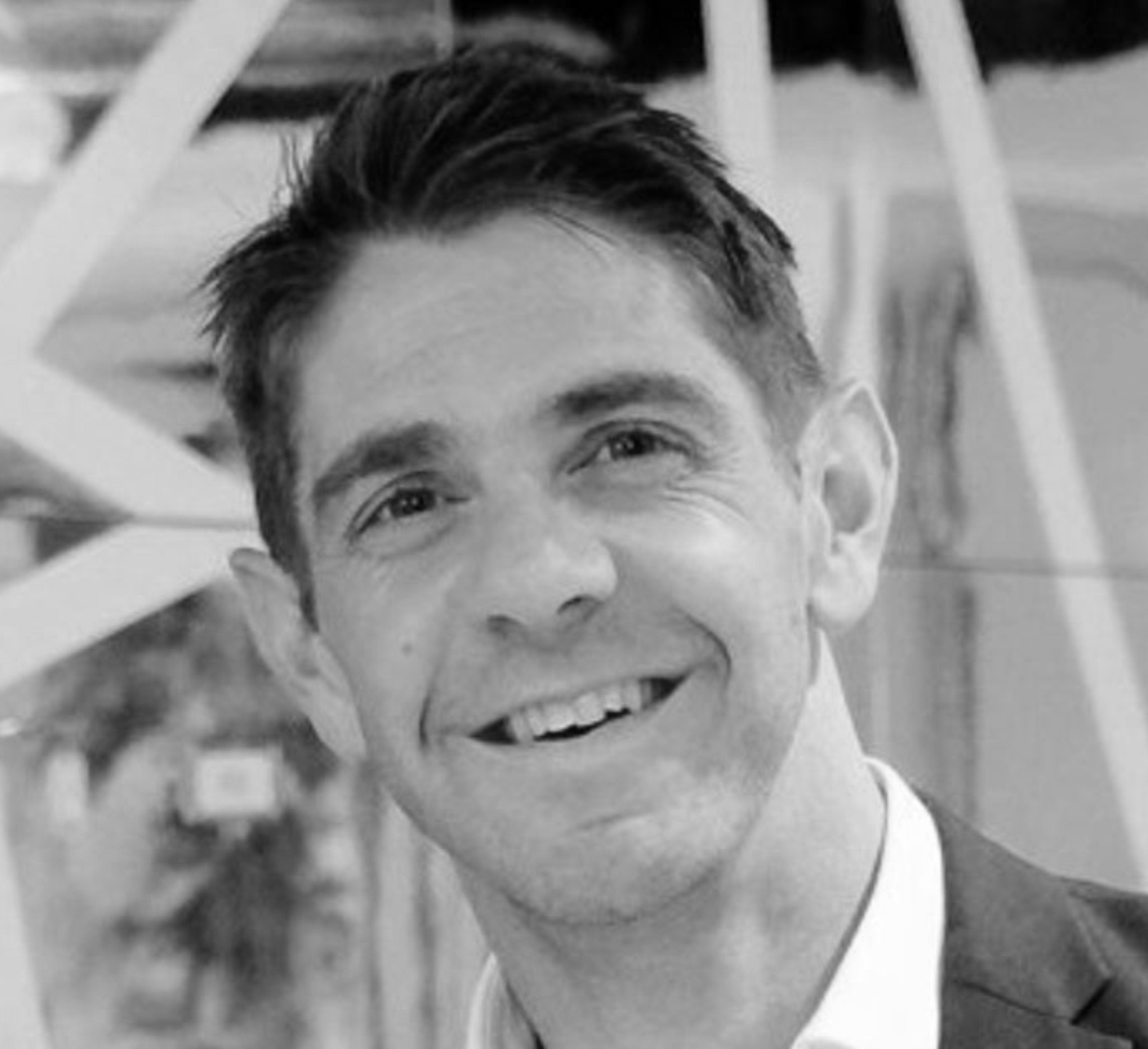130: Emmanuel Millard
‘I am a mix of banking experience, enterprise experience and public sector experience.’
Emmanuel Millard has had an illustrious career, gaining experience at some of the world’s most foremost financial institutions and then moving into the public sector to serve his country, now recently elected as President of the National Association of Finance Executives, he shares some fascinating insights of his career journey.

CIARAN RYAN: Today’s podcast is sponsored by Draftworx, which provides automated drafting and working paper financial software to more than 8000 accounting and auditing firms and corporations. CFO Talks is a brand of the South African Institute of Business Accountants. What a wonderful pleasure it is today to welcome Emmanuel Millard, who is a certified public accountant with a Master of Finance from the University of Burgundy. He recently assumed the position of president for the National Association of Finance Executives and has been a professor of public finance management and financial control at the Sorbonne since 2003. He was head of public management and performance control at the French ministry of finance, and for several years was head of audit and management control at the French foreign office. Prior to that, he was CFO for Europe, for the BMCE Bank and before that he served in senior roles at JP Morgan and Goldman Sachs. First of all, welcome Emmanuel to CFO Talks, what a pleasure it is to have you talking to us from Paris, correct?
EMMANUEL MILLARD: Yes, absolutely, I am in Paris.
CIARAN RYAN: Your career sounds like a fascinating journey through the finance sector to the highest office of academia and the French Republic itself. So give us a brief rundown about your career so far, if you would.
EMMANUEL MILLARD: First of all, I would like to thank you for inviting me to talk in this South African podcast. Yes, I have a mix of private experience and public experience. I started in the audit division at Arthur Andersen in Luxembourg. Then I spent around eleven years in different positions, in banking positions, in financial positions. In 2003 in France the government launched a big budgetary reform and the government wanted to work with private certified public accountants, to help them to put in place it’s budgetary reform. That was the start of my second experience within the public sector in the central administrations and in the direction of big public establishments and, of course, in the direction and management of big national associations. So thank you very much for the invitation, I’m very pleased to be with you and I will try to be as clear as possible.
CIARAN RYAN: Okay, good. I’m interested to hear about your work at the French Department of Finance. How did that come about and what was your job?
EMMANUEL MILLARD: Before joining the French treasury divisions, I spent something like six years within the French foreign office as financial planning and management director. I was near to the general secretary of this ministry and my mission was to help this foreign office and all the entities around the world. France has got the second worldwide organisation with the UK in the world, we have a lot of embassies and consulates. I worked with the French foreign office to then put in place this big budgetary reform and organisational reform. In France it’s called new organic growth. I spent six years there and then the French ministry of budget proposed that I do the same but at the level of all the ministries, this included all the departments, and my mission was to put in place the performance indicator, the performance management, to put a budgetary base on performance indicators, and also to try to reorganise all the, let’s say, 1500 public agencies or public establishments of the French administration. So I helped the French ministry to reorganise and to try to put some key performance indicators and to think about the new public management for all these entities. That was a really great experience, I used to work with the French court of control with general inspection of finance with a lot of entities to reach the transformation, the evolution of public establishments with a new management methodology.
CIARAN RYAN: Now, I’m also interested to hear about your time at JP Morgan and Goldman Sachs. I think that’s a background in banking very similar to your president, Mr Macron, he comes from I think it was either one of those Goldman Sachs or JP Morgan, but what was your role in the banking sector.
EMMANUEL MILLARD: President Emmanuel Macron was at Rothschild & Co, he spent a few years as a banker. As I said, I am a mix of banking experience, enterprise experience and public sector experience. The banking experience was really important for me, I was especially focused on the cash management organisation. Also, in JP Morgan I was an investment banker [unclear] for the 40 big French companies [unclear] finance activities and also to reorganise, to put in place financial organisation to manage the cash. Yes, that was really big experience. At Goldman Sachs I was the c-head of operations within Archon Group France, which was a big real estate and investment fund company. In around 2001 we organised to set up these activities in France and that was a really good experience. As a CFO you have to deal with banking matters, accounting matters, auditing matters, and if you want to be a good CFO, a good financial director, I think that’s good experience to face these kinds of activities. I think that was a way with different steps and different experience for me and that helped me to be, let’s say, a little bit different in the French ministry because in France we have a specific school for the [unclear] people at the head of the ministries, but I was one of the people who had a different background because I spent a few years within the banking organisations. I was a CPA, which is something unusual in the French administrations, I used to work with the management companies, it was really interesting for me to have this kind of experience in my career.
CIARAN RYAN: Okay, CPA, in other words, the American qualification.
EMMANUEL MILLARD: Yes, CPA, it’s a certified public accountant, it’s quite the same in French.
‘I am the first person at the head of this organisation to have a banking background.’
CIARAN RYAN: That would be a bit unusual in France, I’m sure. Tell us a bit about your current role as president for the National Association of Finance Executives and explain what is this organisation? What does it do?
EMMANUEL MILLARD: I was elected as president of the National Association of Finance Executives and I started on January 1 this year. Before, I was within this organisation for, let’s say, 20 years, I was the head of the public sector division and then for the last two years I was vice president of this national organisation called DFCG. It was set up in 1964 and soon it will be the sixtieth anniversary of this big association. We have something like 3500 permanent people and we have a network around France and abroad of 40 000 contacts, people, participating in events, in webinars, all these kinds of things, working groups. This is a big organisation, we work with the French government, with the French Ministry of Finance to help them to build the law and try to also influence the accounting or financial decisions, and I think that’s a very, very interesting position. When I accepted this position as president, I didn’t imagine it would take me at least two to three hours a day, as president I am not paid, of course, but I didn’t imagine that it would take me at least two to three hours a day to manage, to talk to 20 [unclear] people in this organisation, we have 20 salaries with one general manager and that’s a good organisation, we can forward some positions, some accounting positions, management positions, financial management positions. I would say that I am the first person at the head of this organisation to have a banking background, an auditing background, private background and also, which is quite new, public background, public sector, public management background. What are my objectives, I would like for the DFCG to try to make the public sector and private sector to work together more because I think that when you are CFO within a big public company, it’s quite the same as being a CFO of a big private company. I will try to help these two worlds, public sector and private sector, to talk better and that’s one of my goals as a president. I would also like to work on the green finance, on the social finance, social and good finance, that will be something important for me, and that will be one other orientation in the two to three years coming. Also, I would like to work more with the association of the certified accountants in France, they’ve got their own association, and I would like to try to work more together because we are also certified accountants within the French National Association of Finance Executives and vice versa. So I would like to try to work more with the certified accountant association. I would also like to give one direction on the inclusion, of the [unclear] of the finance in France and finance positions, finance enterprises, this is very important. So social and green finance and also inclusion and [unclear], those are the drivers for me for the next two to three years.
‘To have strong accounting, management control and financial skills would be preferable to become a financial director.’
CIARAN RYAN: It’s quite interesting that in Europe there’s a study recently out saying that the majority of CFOs do not come from an accounting background. They come from sometimes an engineering background, or it could be urban planning, a variety of different backgrounds, non-accounting. It’s quite different to what we have here in South Africa, and my understanding is in the Anglo world as well. The question is the role of the financial executive, there are certain aspects that are not being taught in academia, it seems that there are deficiencies in the accounting education, particularly if you are aiming for a senior position like a CFO. Would you agree with that, that there are deficiencies, there are gaps in the education of accountants, generally speaking?
EMMANUEL MILLARD: I would say that you are right, there are different ways to become a CFO. You can be a certified accountant and that may be a logical way to be a CFO. But in France, you are right, we have people doing financial management school, who are not certified accountants, but who become finance executives. We also have engineers in France who occupy financial positions. But I would say perhaps I am not a good example because as I told you, I was an auditor at Arthur Andersen, then I was in banking positions, then I used to work with the public accounting company. I would say that if you have at the beginning, stronger skills in accounting, in tax, that will be really useful for your career and to understand and to make decisions for the future. My answer would definitely be yes, to have strong accounting, management control and financial skills would be preferable to become a financial director. An engineer will have a different approach in terms of financial position, he or she will be more focused on the activity and perhaps less on the financial indicators. So there are really two different schools and two different approaches to be a financial director. I would say, again, that I would prefer my evolution, my career in occupying all kinds of tasks, of sectors that you need to become at the end a good financial director.
CIARAN RYAN: Just going back to the point you made at the beginning about your time at the French foreign office, one of the tasks you said that you had to do was to develop performance indicators or performance systems as part of the budgeting process, which seems like a fairly logical thing to do, you have these problems in the public sector, I imagine, where zero-based budgeting doesn’t exist. So you come in with legacy budgeting and what we paid last year, we’re going to add a percentage for inflation this year. Now, you come in with something like that seems perhaps fairly radical where, okay, your budget is going to be dependent to some extent on achieving certain performance indicators. Was this what you were brought in to try and solve, in other words, let’s get a little bit more of a business thinking going on in the, in the foreign office?
EMMANUEL MILLARD: Yes, in 2001 when the law was elected by the French parliament, which was the budget law but also performance law, that was very difficult to make the diplomats understand and accept this new evolution. The budget was built as a mission, programmes and actions, and the credits were rebutted within this kind of market. For each kind of missions, programmes and actions we asked to imagine and to define objectives and indicators. I think it’s quite the same for the majority of countries. I used to work with our UK colleagues, with our Australian colleagues and European countries, and today I think all the countries are the same framework with missions, programmes, actions. The French diplomats were asked to define objectives, performance objectives, performance indicators and prepare [unclear] indicators. The French budgetary ministry set up some targets to achieve it, to be negotiable, to be discussed within the budgetary meeting and that adds an impact on the level of the budget for the following years if the actions reach the targets [that were a goal to increase the budget]. If the target was not achieved, then there’s a discussion to explain the reason for this under target. So today all the French budget is based like that, the budget is not only built on performance indicators, but performance indicators are used to interpret, to understand and also, probably to influence the level of credit that ministries, departments will get for the budget. That is very important. You’re right when you say that there is no country in the world that links perfectly and directly the budget and the performance, it doesn’t exist, in fact. But we try to make the link between the budget and the performance, it’s quite essential for a company, if you don’t reach your targets, then probably that next year you will have to explain to see that you will not get the same level of budget for the following years. Now, for the French states, for the French government and all the departments, it’s quite the same logic, though that was difficult at the beginning, especially for justice ministry, for foreign office ministry, for culture ministry to understand, to accept and to translate to this new framework.
CIARAN RYAN: Okay, a couple of final questions here. Quick questions for you and let’s turn it now a little bit more personal. Tell us what you do in your downtime, what do you do to relax when you’re not being president of the national association, what do you do?
EMMANUEL MILLARD: As a French person, I play football. Yes, I like football and I play football with people of my age. But I used to play at a good level in France when I was 18 to 22, I like football. When I can, I used to go for the weekend to Normandy, where we have the sea and on the other side is the UK. So I used to go to the sea for the weekend. Also, I really like going to the theatre and cinema, but with Covid it has been quite complicated today. So it’s a mix of sports and culture. I also have three kids and I try to have some time with them as a family.
CIARAN RYAN: Fascinating. Now, any books that you would recommend to our listeners, we ask everybody who comes on to recommend a book. What would be your recommendation?
EMMANUEL MILLARD: To be honest, it’s difficult for me to have time to read books, I would like to have time to read books. I read, of course, magazines, newspapers because the DFCG, of course, is producing [a monthly publication], which includes interviews with people in senior positions of the economy, of politics, of the government. So I spend a lot of time reading and preparing these articles and interviews that are published on the social networks. We also plan to do a weekly or monthly TV show that may be called The Time of the CFO, and the idea would be to invite CFOs to discuss some specific subjects or to present a company or to discuss about their difficulties or what they want to plan to put in place and so on. The production takes me a lot of time to read and to prepare and to communicate. But I would say that I like to read the French classics.
CIARAN RYAN: Okay, thank you for that. I’ll just mention on that point, last week we interviewed a CFO based here in South Africa, from France originally, and his recommendation, believe it or not,
was Being and Nothingness by Jean-Paul Sartre, which I checked and it’s available free on the internet, but it’s quite a heavy read from the first few pages that I went through.
EMMANUEL MILLARD: Jean-Paul Sartre is translated into English in South Africa, right?
CIARAN RYAN: Yes, the book is translated.
EMMANUEL MILLARD: It’s also really complicated in French, but I imagine what that would be in English.
CIARAN RYAN: It is quite complicated but for accountants who want to find the centre of their being, I’m sure this will be a journey to explore with Jean-Paul Sartre. I have not ventured very far into it but I did make a start. We’re going to leave it there, Emmanuel, thank you so much for your insights, your range of experience from the public to the private, to the banking sector, and now almost like public service as president of the National Association of Finance Executives. Huge insights and experience there that you’ve shared with us, so I really appreciate that, thank you. We will certainly stay in touch and see how things go. I’d be interested to see how your TV show goes.
EMMANUEL MILLARD: Okay, I will keep you informed, absolutely.

